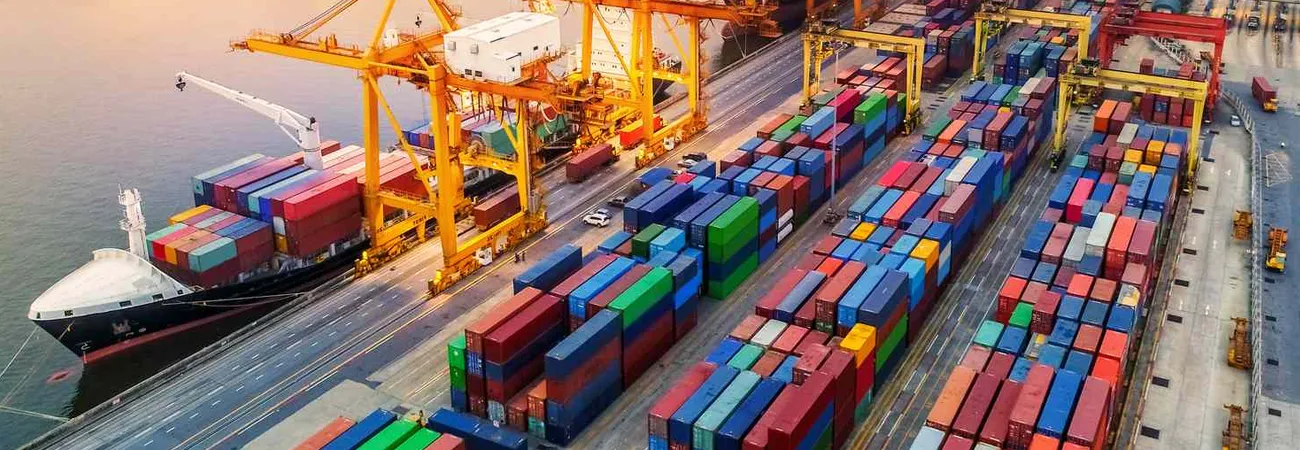i ECONOMY
Pakistan has the potential to overcome its recurring economic challenges by transitioning towards and developing export-oriented industries, a move that could significantly stabilise the country's current account. Raja Aamer Iqbal, a former president of Rawalpindi Chamber of Commerce and Industry (RCCI), while talking to WealthPK said that the trajectory of a country's economic growth and development was significantly impacted by its export performance. "Unfortunately, Pakistan has not gained momentum on this front," he said. He pointed out that attaining the goal of industrialisation had always eluded Pakistan primarily because of a diverse range of challenges. "Foremost among these obstacles is the issue of low global competitiveness. Pakistan has often struggled to assert itself on the international stage due to its limited competitiveness," he added.
According to Aamir Iqbal, "Competitiveness encompasses not just the cost of labour but also factors such as efficiency, product quality, and the overall ease of conducting business. The ability to attract foreign investments and cultivate a thriving export sector is contingent upon addressing these critical aspects." "Additionally, exports are hindered by the government's irrational policies and complex incentives offered to the industry. These impediments have thwarted our progress toward establishing a more industrialised economy with a robust export focus," he maintained. The RCCI former chief highlighted the need for market diversification. He noted that focusing on export-oriented industries encouraged businesses to explore and penetrate new markets. "By doing so, Pakistan can reduce its economic vulnerability to fluctuations in a single export destination, thereby improving its resilience in times of global economic uncertainty."
Muhammad Alamgir Chaudhry, Chief Executive Officer, the National Productivity Organisation (NPO), the Ministry of Industries & Production, underscores the importance of export-oriented industries in Pakistan's economic landscape.
He explained to WealthPK that these industries could help reduce the trade deficit, enhance foreign exchange reserves, and create job opportunities. "Pakistan is continuing to be plagued by high unemployment and a low export base as the country continues to focus on either commodity, intermediate goods, or low value-added finished products," he pointed out. "We export a large proportion of textile products that are at the lower end of value-addition. The industry lacks the skills to upgrade." He said there was scope for Pakistan to collaborate with the Chinese textiles industry, which dominates the world market. "Labour costs are another reason the Chinese move labour-intensive apparel production to Pakistan. Pakistan has a great opportunity to take advantage of this opportunity."
Alamgir Chaudhry added that policymakers should indeed be well-informed about the strengths and weaknesses of their economy before entering into agreements with other countries. "These agreements may include trade pacts, investment treaties, or any form of economic cooperation." "We need to think about whether we want to welcome all sorts of investments or only targeted investments. The country imports a large amount of machinery, vehicles, auto parts, iron and steel. Consequently, industrial policy should place a special emphasis on engineering, specifically on iron and steel," he suggested.
Credit: Independent News Pakistan (INP)









